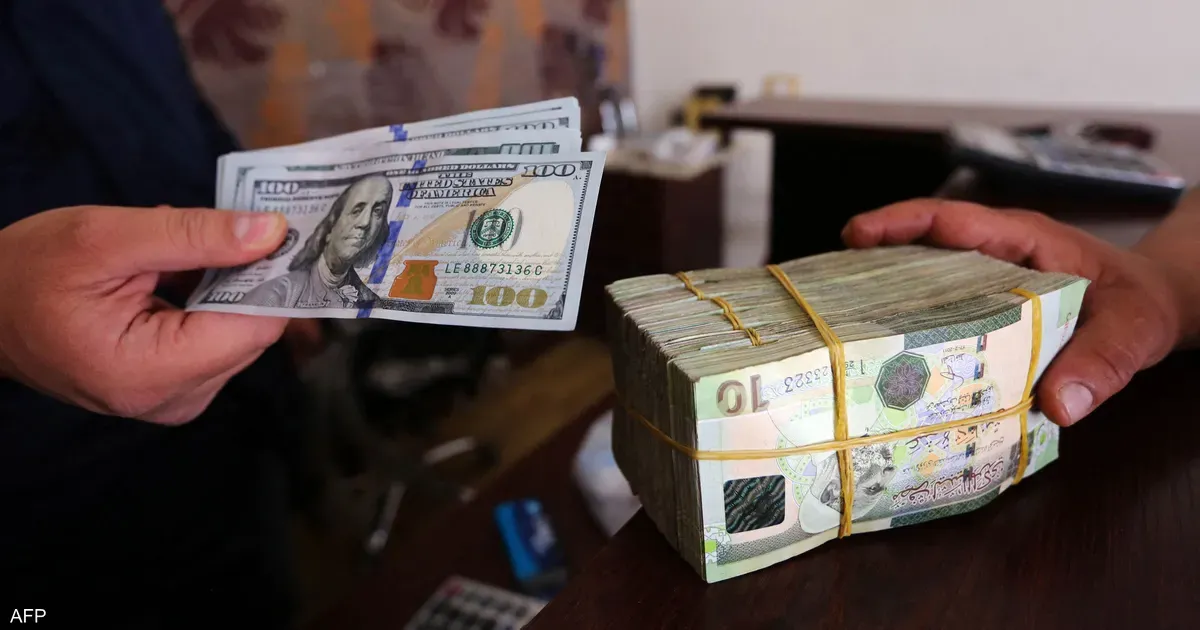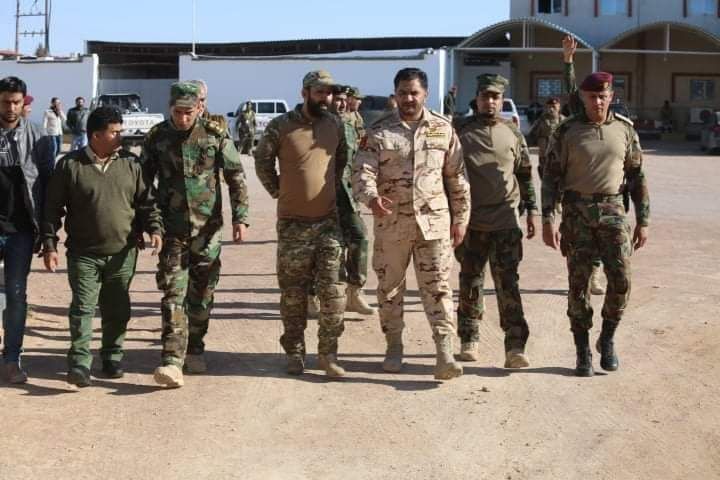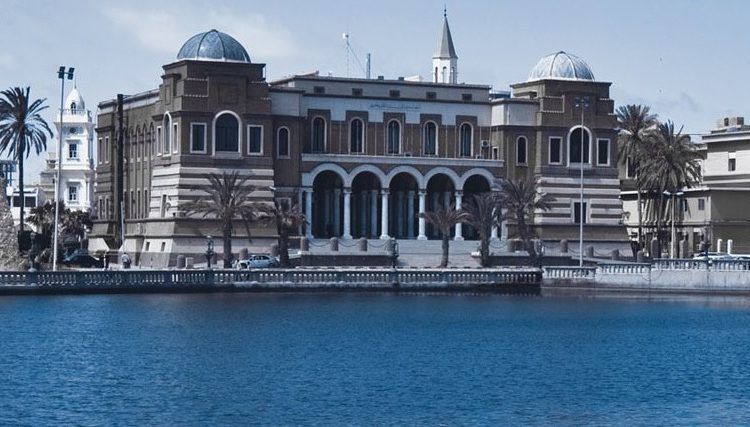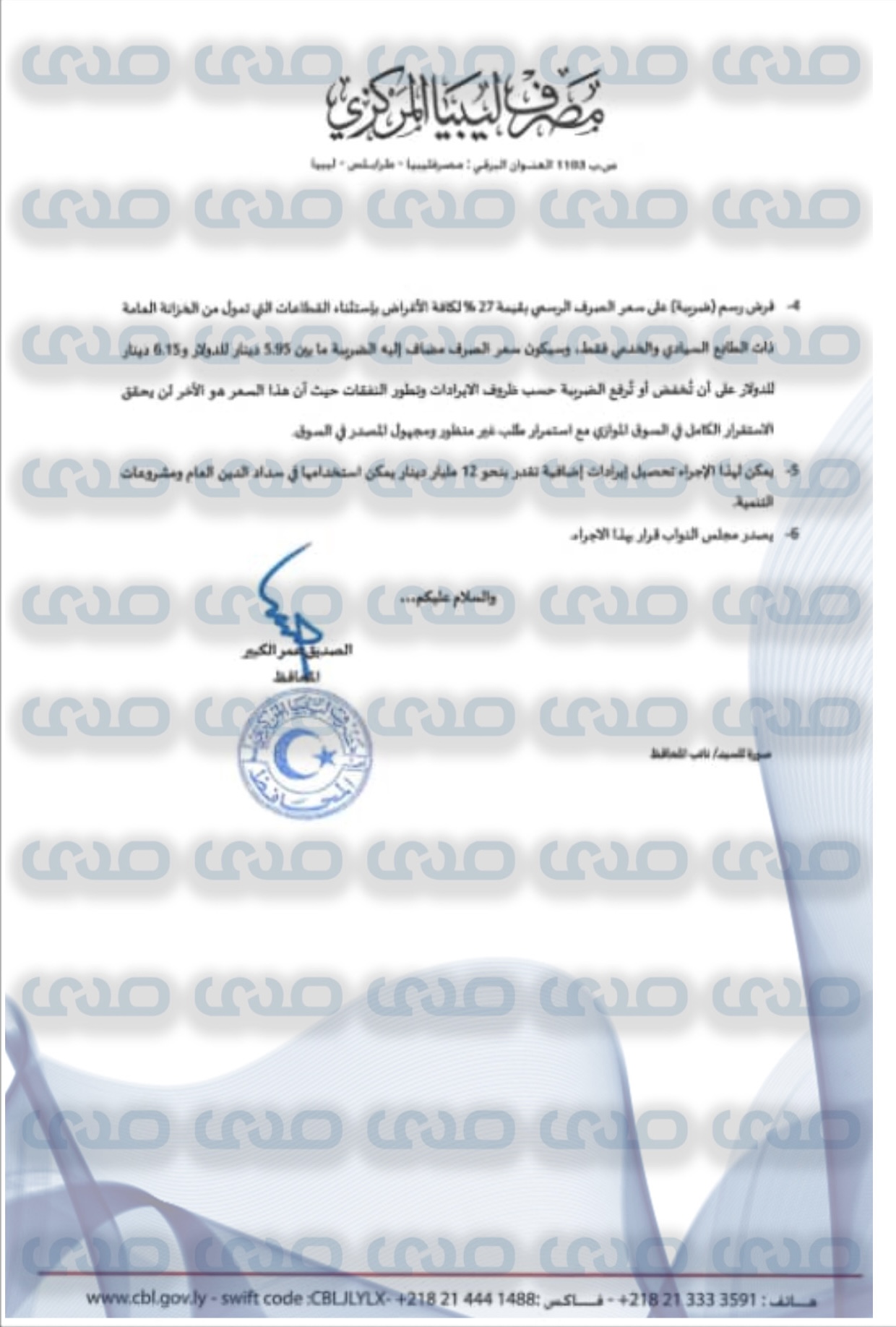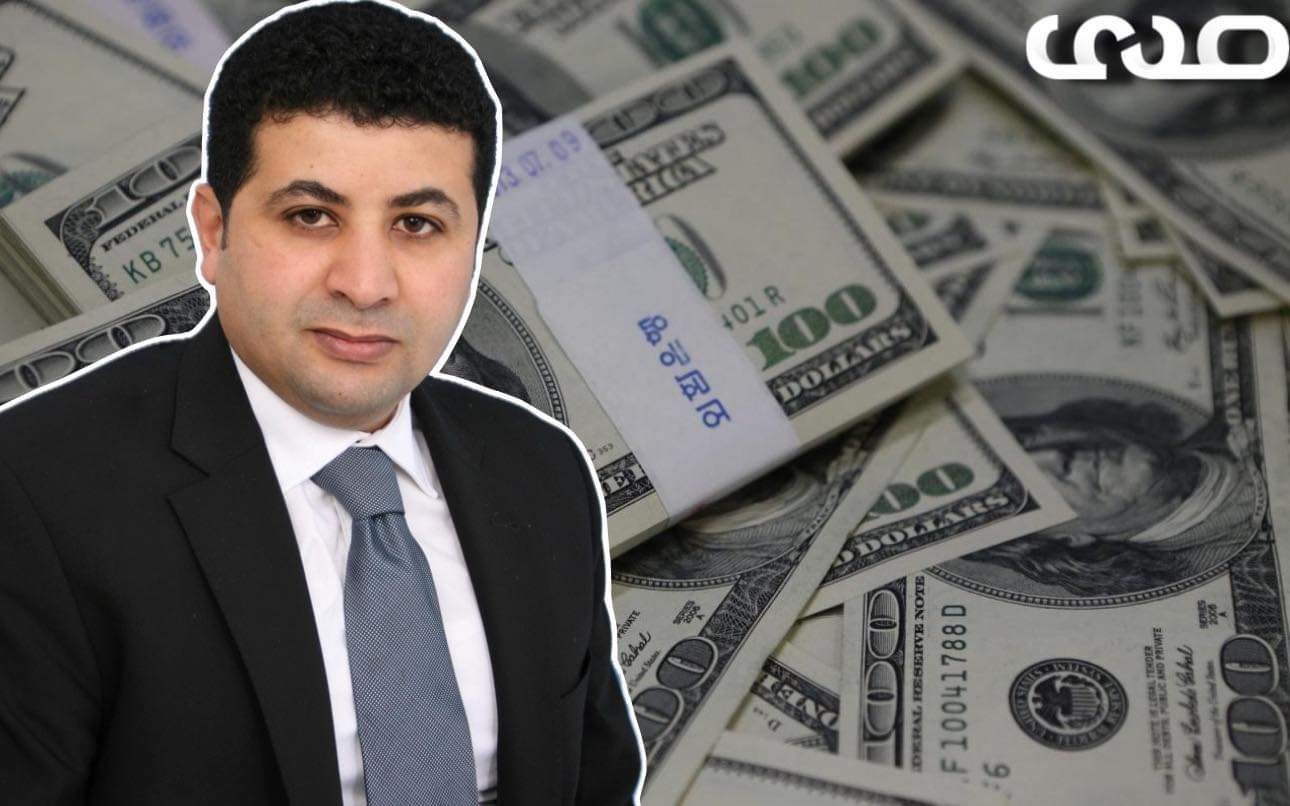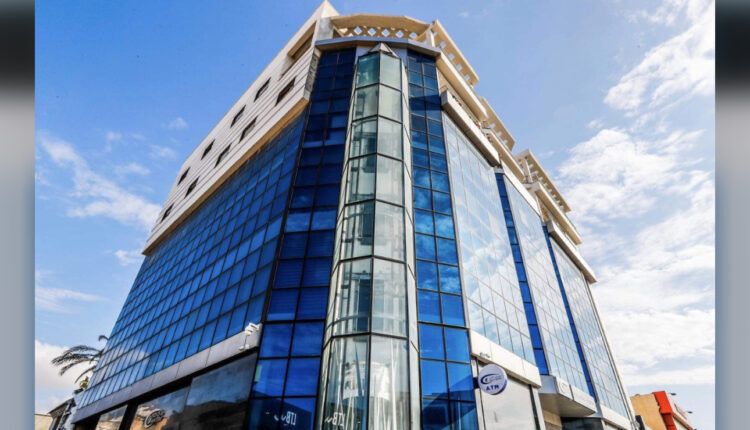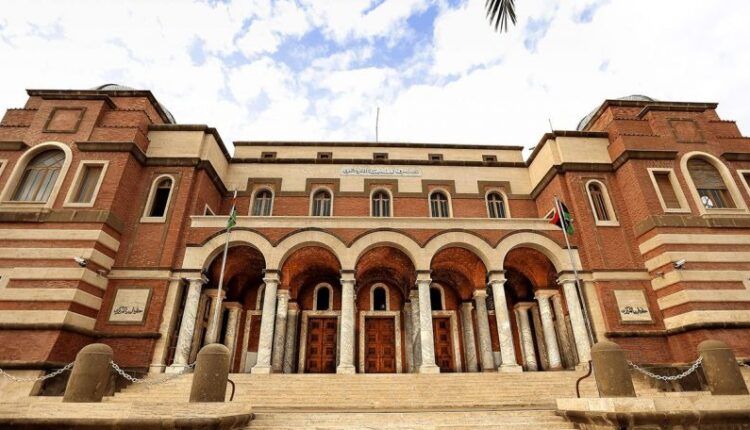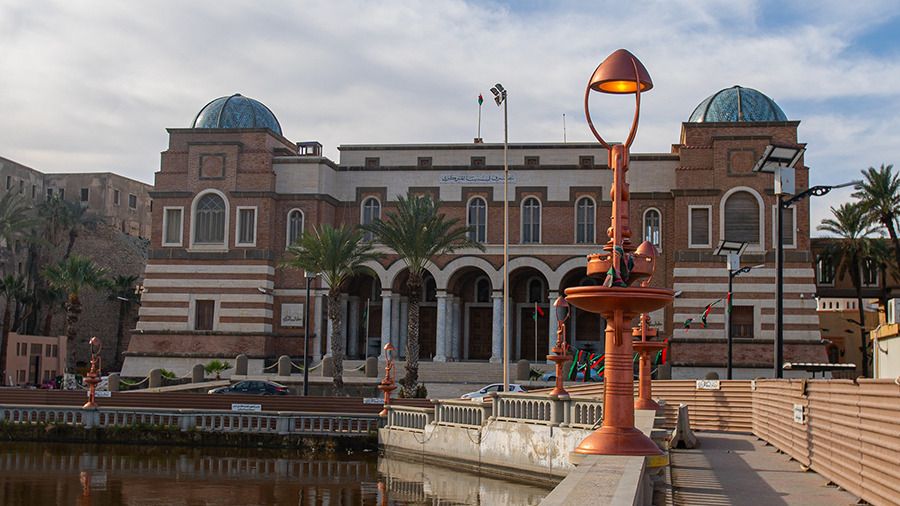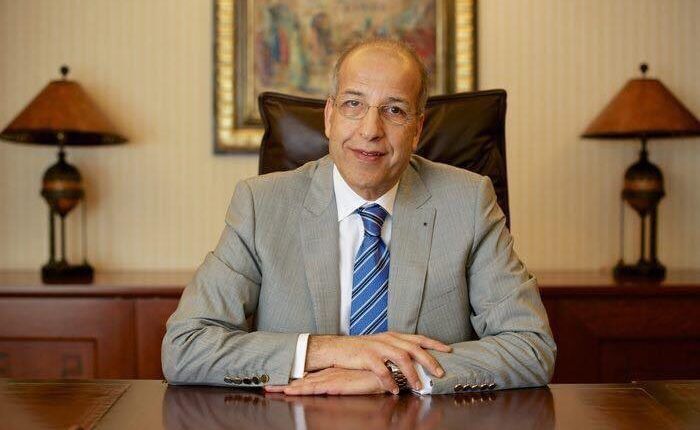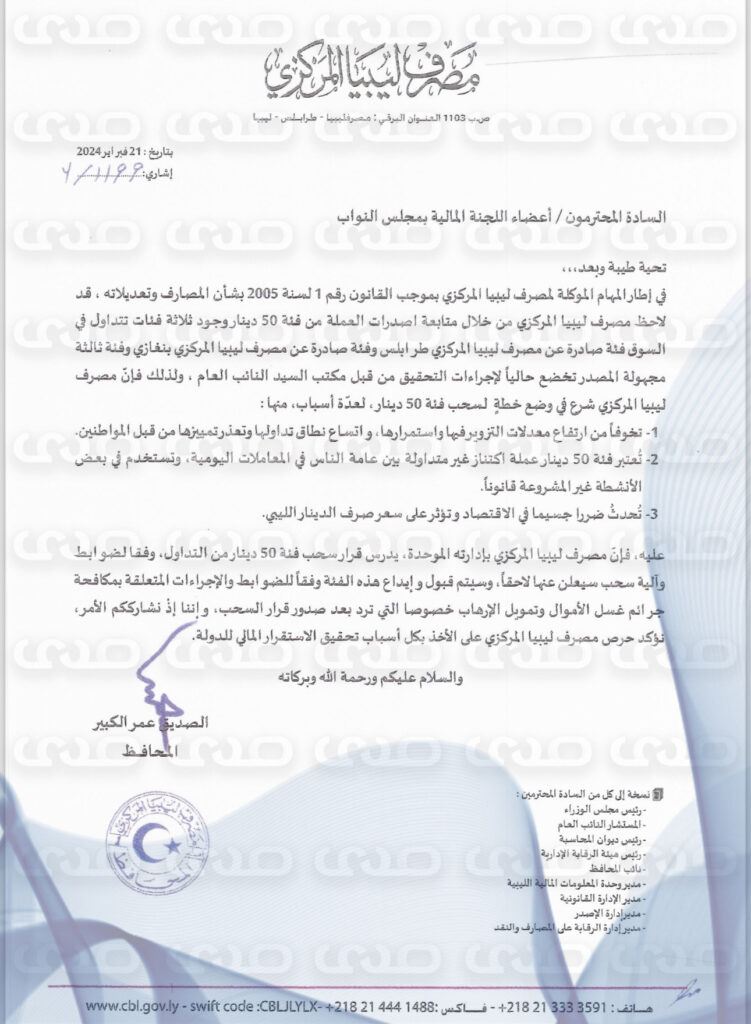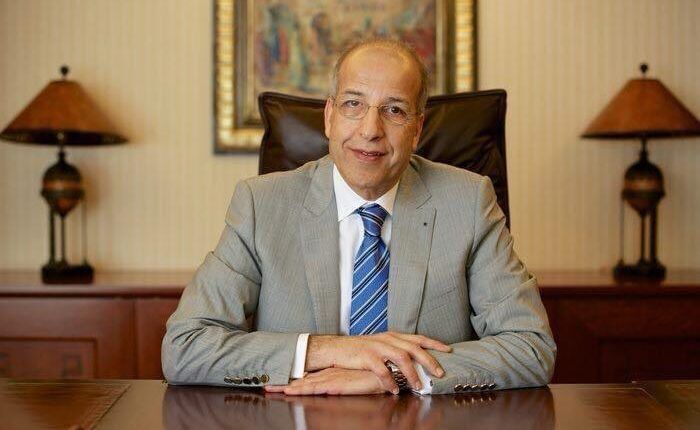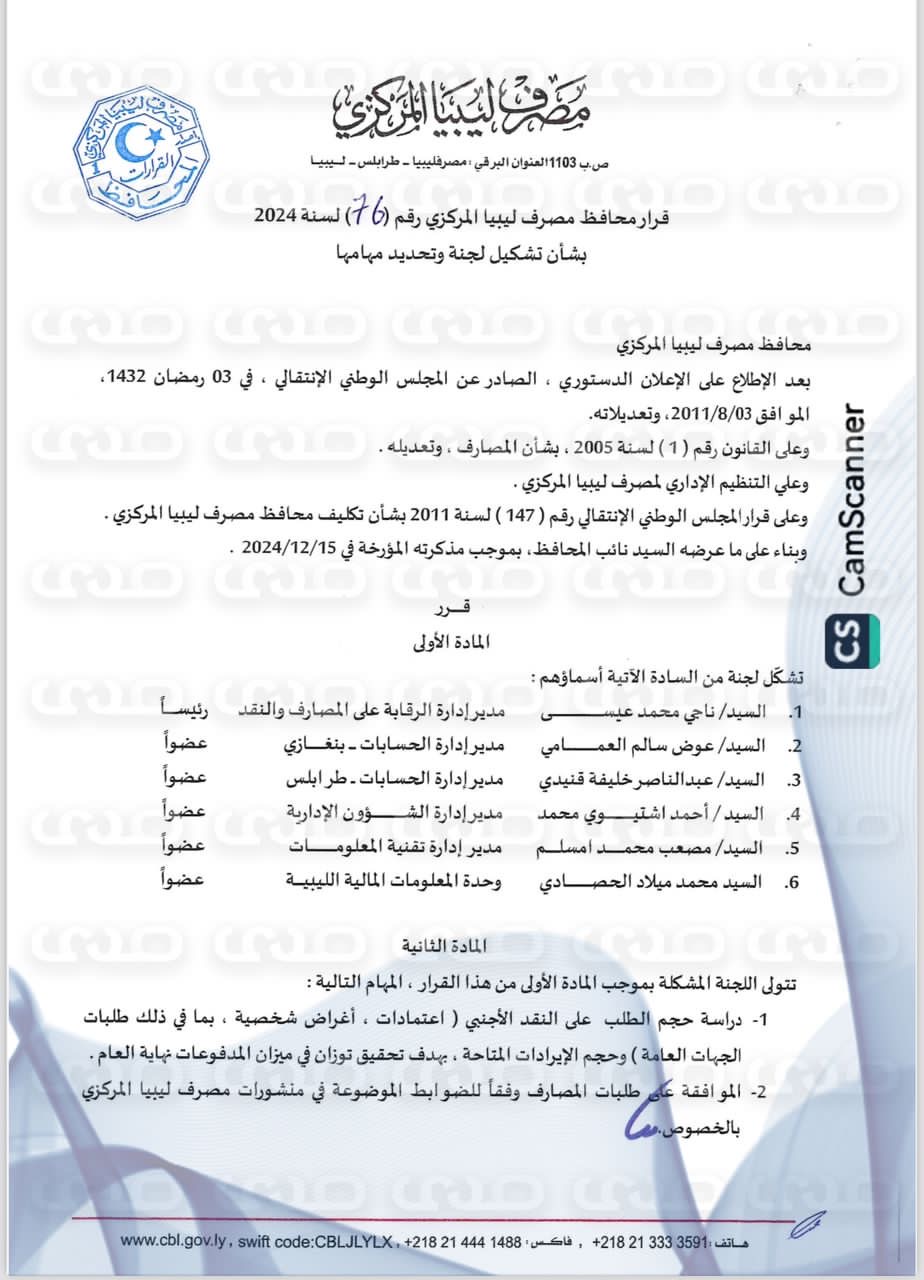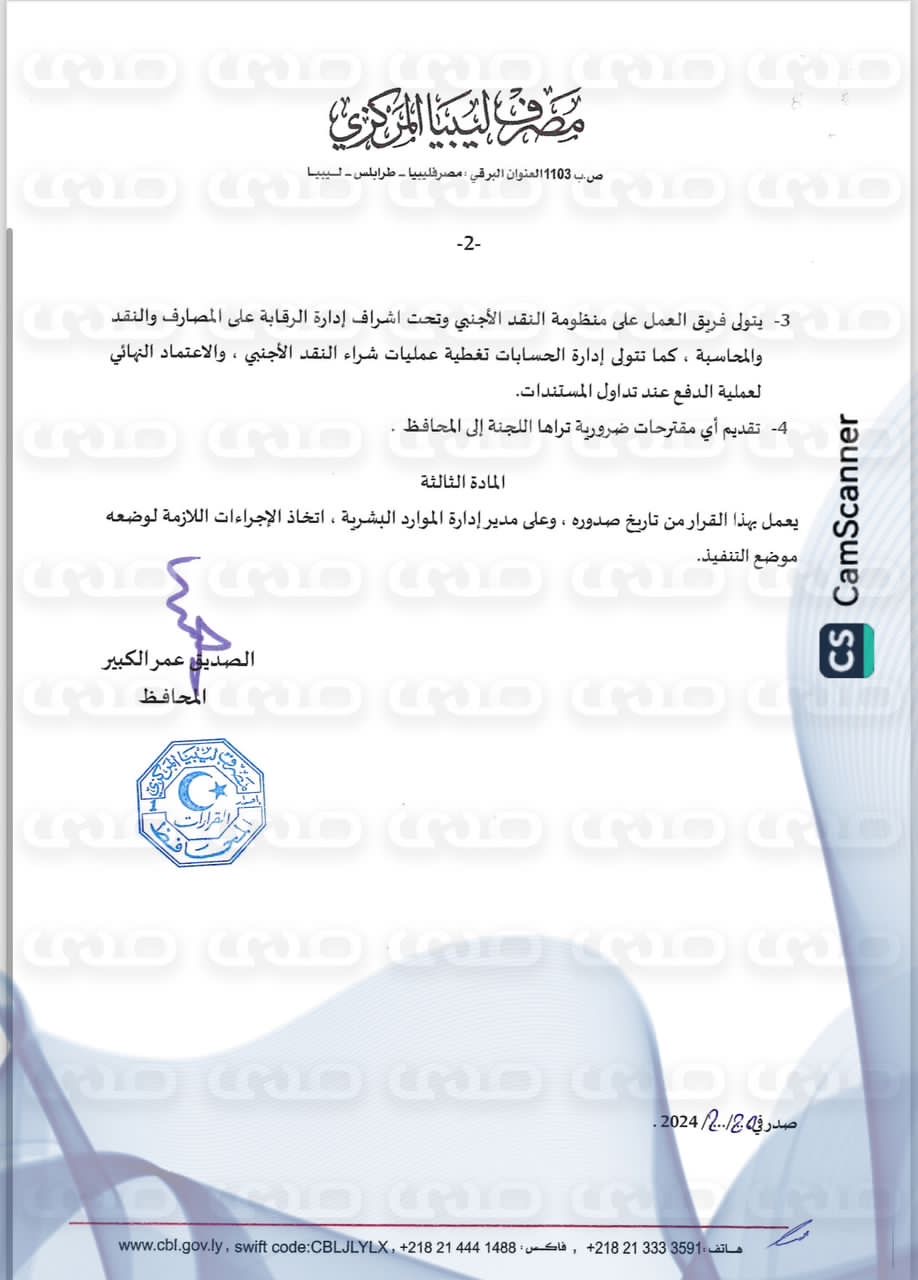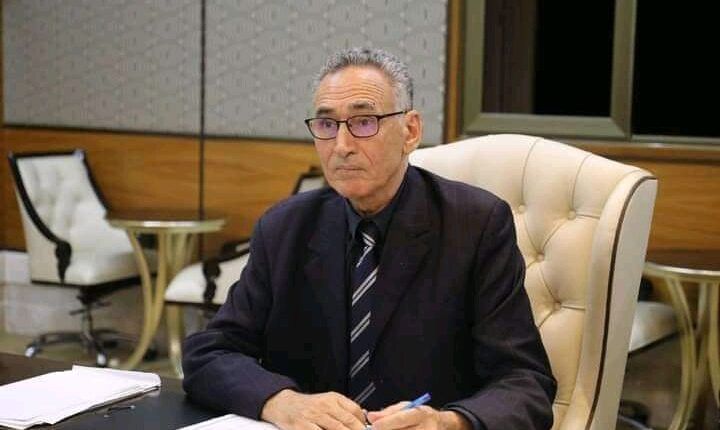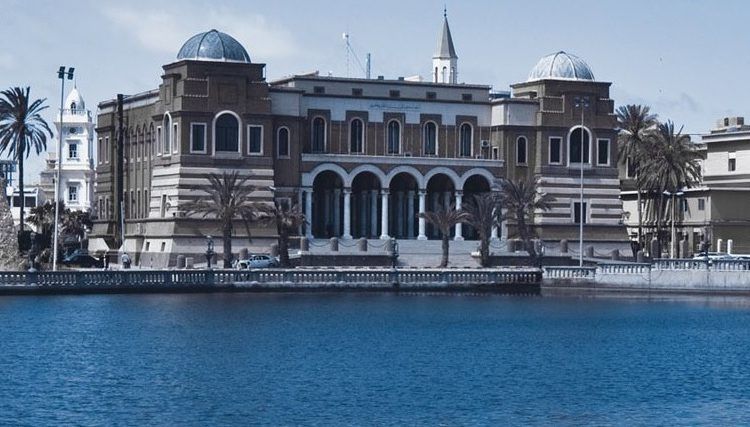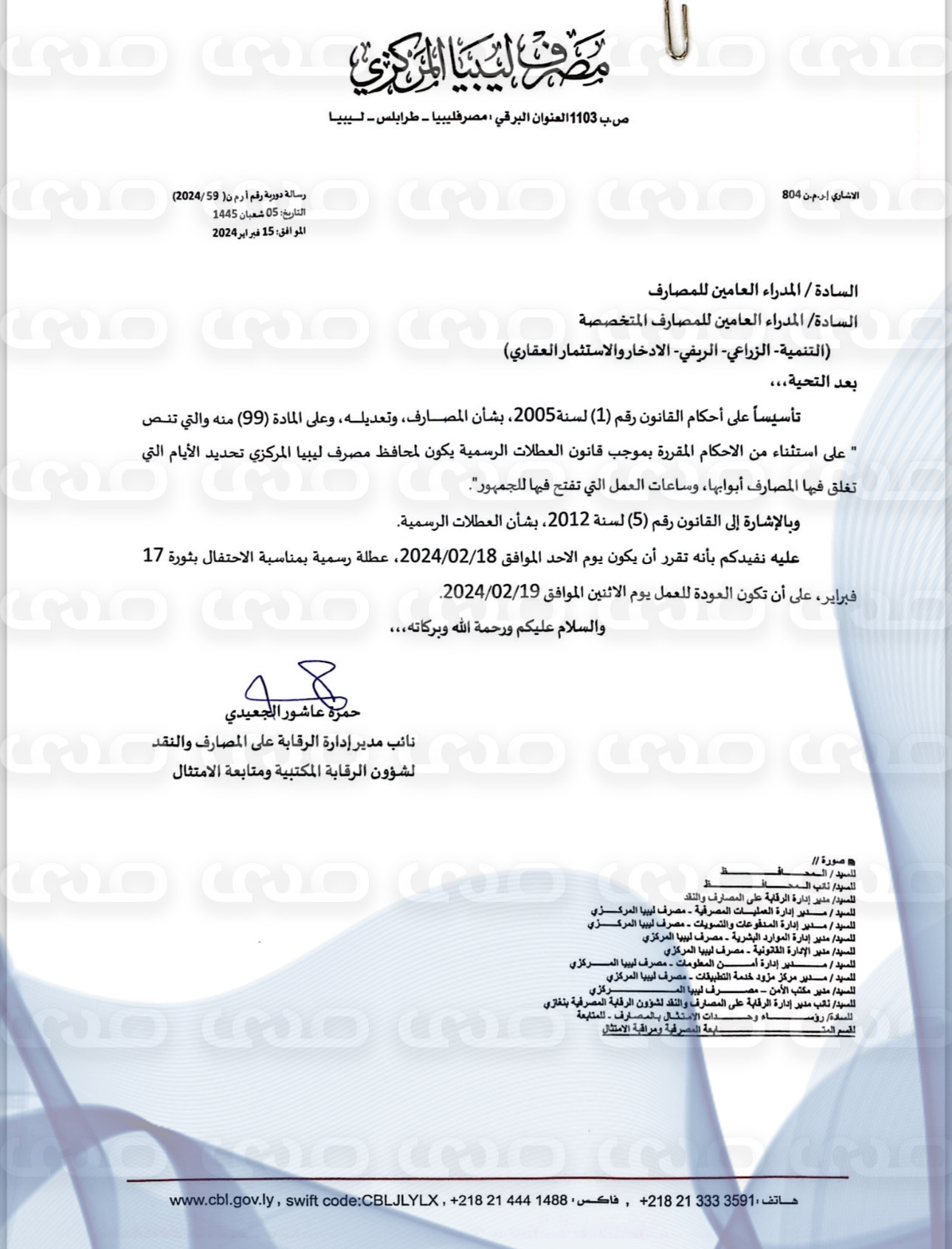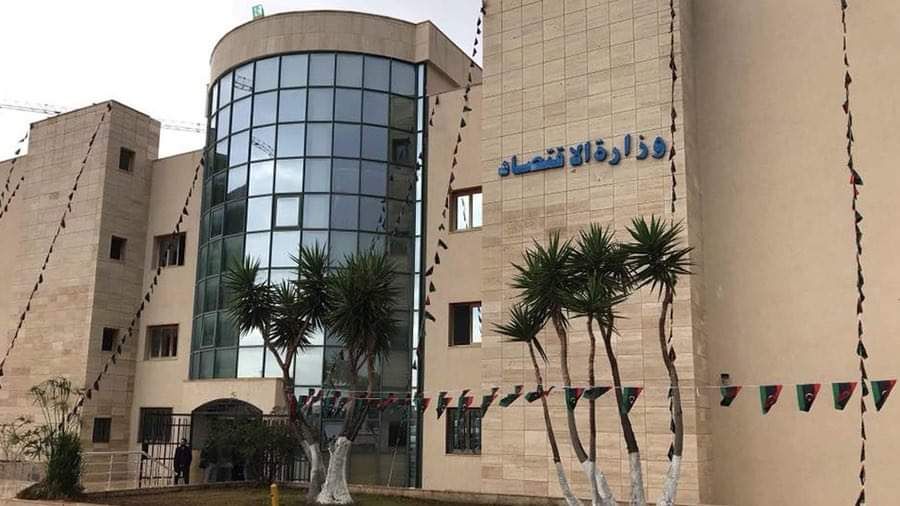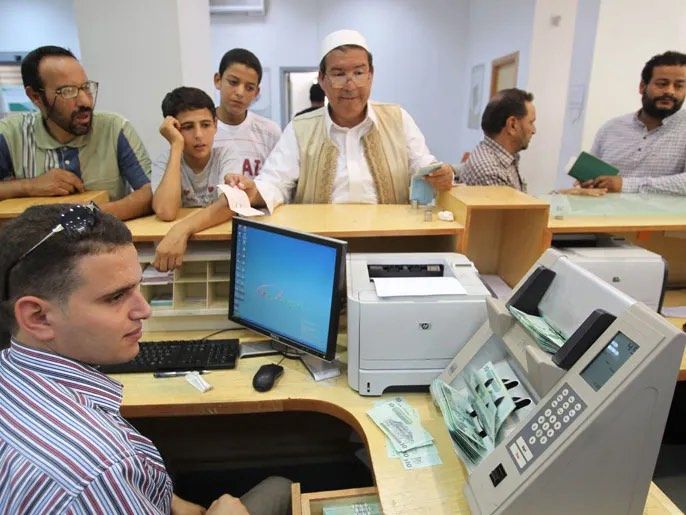Speaking exclusively to Sada Economic Newspaper, Mohamed Al-Sanussi, a faculty member at Misrata University, discussed the reasons for closing the personal items system. He said: “It seems that the Central Bank Governor has set a monthly ceiling for personal items, perhaps not exceeding $800 million monthly. It also seems that he allocated the same amount for credits so that the total monthly ceiling for foreign currency sold by the central bank would be $1.6 billion, because, according to rumors, the central bank has allocated $15 billion this year for credits and personal items, knowing that what was sold last year exceeded $21 billion according to central bank data.”
He added: “Unfortunately, the central bank governor is committing the same mistakes as those committed in the years from 2014 to 2018 by granting dollars at an official rate to some traders while forcing citizens to buy them at the black market rate, which is expected to increase further due to his uncalculated and illogical decisions. Unfortunately, the beneficiaries of the February credits are the same names that benefited from the credits in the years when the official rate was 1.50 and the black market rate reached 10 dinars.
Here, we wonder about the capital of the company that receives credits worth $20 million in less than a month, equivalent to 100 million dinars? Shouldn’t the Attorney General intervene and follow up on this matter?”
He also said: “We also wonder about setting a ceiling for personal items. According to central bank data, the number of registered individuals is 700,000 citizens, while those who actually shipped are only 200,000 citizens, which means that there are 500,000 citizens who want to obtain hard currency, perhaps for tourism, Umrah, or importing certain goods, and now they have to wait until the end of the month or buy from the black market, which will lead to an increase in the exchange rate in the black market, which is never justified or acceptable. So, what prevents the central bank from allocating the value to all these individuals? In the end, they will not be able to ship again until the end of the year, because this value of $4000 is an annual value.”
Regarding the news related to adjusting the exchange rate, Al-Sanussi said: “I believe that adjusting the exchange rate is unlikely in the presence of the current governor because he is not convinced of adjusting the exchange rate and is more convinced of imposing quantity restrictions on hard currency, as he did in the past years, despite praising the decision to adjust the exchange rate in his letter to the Prime Minister, where he said that this adjustment contributed to achieving monetary stability in the years 2021 and 2022. Therefore, I believe that the central bank should follow at least the announced special rate policy to be able to eliminate the black market, provided that the dollar is provided to everyone at this rate and does not repeat the same mistake that occurred when the rate was adjusted to 4.50, where quantity restrictions and illogical conditions on credits continued.”
He continued, saying: “As for the news circulating about adding a tax to the exchange rate, not adjusting the official rate, this is a wrong decision that will lead to increased spending because the government, whether the eastern or western government, if it imposes this tax, will receive revenues that will make it spend more as happened in 2018.”
Al-Sanussi concluded by saying: “Solving economic problems requires a set of steps, the most important of which are:
1: The House of Representatives should adopt a budget for the government, and spending should only be made based on the approved budget, focusing on reducing spending and increasing investment.
2: Stop the process of exchanging oil for fuel, and purchase fuel according to the approved budget and transfer all oil sales revenues to the central bank.
3: The central bank should increase the value of personal items to $10,000 as it was last year and allow anyone who requests this value to obtain it without a monthly ceiling.
4: The oil institution must make double efforts to increase oil production to higher levels.
5: The Audit Bureau and the Attorney General must take greater and stronger measures to hold accountable all those involved in corrupt practices that filled the pages of the Audit Bureau reports in past years, and the judiciary must hold accountable anyone charged with these crimes, because punishment for these individuals will deter anyone thinking of theft and corruption.”



